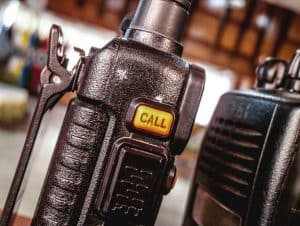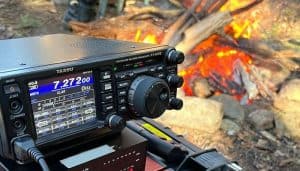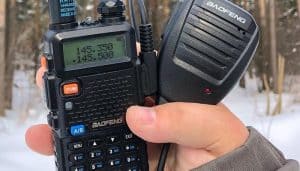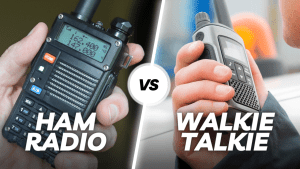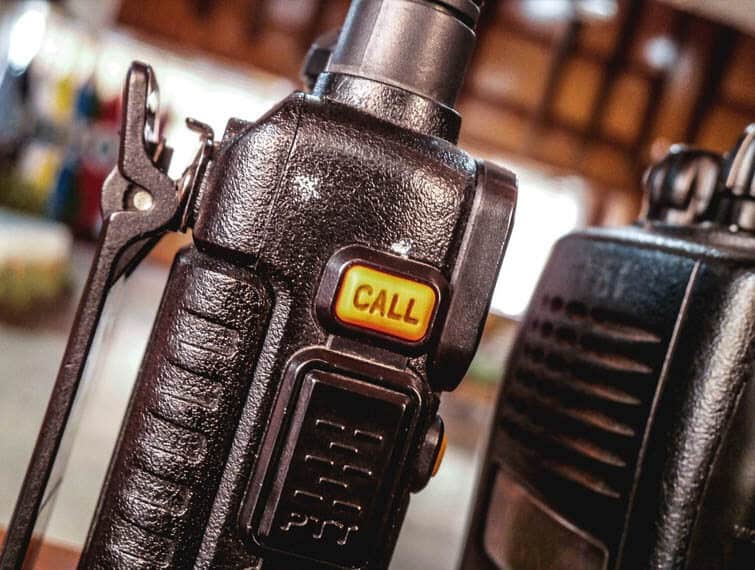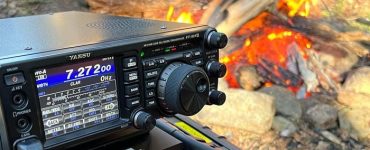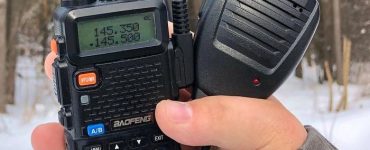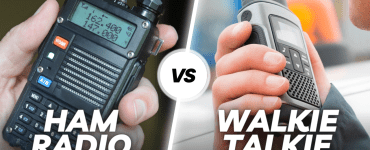Many people tend to shy away from using ham radios because of the need for a license. It is often either because they don’t want to take the effort and time to get one, or they just don’t like the idea of having the government track them.
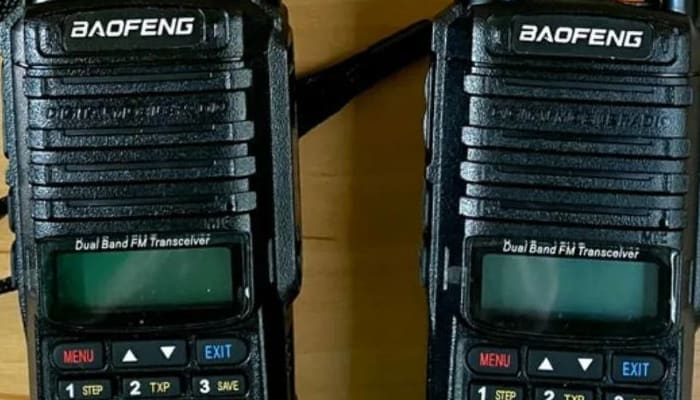
Does it mean you cannot use ham radios? Are ham radios illegal?
Well, technically, ham radios themselves are not illegal. However, it is important to note that a license is required to send transmissions over ham radios, but not if you just need to listen. The penalties you have to pay if you transmit on a ham radio with no license include fines, equipment seizure, and criminal/civil penalties.
To clear up misconceptions about ham radios, continue reading below:
Can You Listen to Ham Radio without A License?
Yes, you can listen ham radios without a license. However, by use, it means that you can only listen. You still need a license if you want to transmit.
Just so you know, hams are quite in-tune with different call signs. Most of them look you up the moment they hear your call sign. If you transmit with no call sign, they will ask you for it kindly and it will be a red flag if you don’t have one.
However, there is one exception here. The only time that it is legal to transmit over a ham radio without a license is during emergencies. But you should only transmit if the situation is a personal emergency. A good example of this is if you need to reach out for help because you are injured, stuck, stranded, or anything similar.
Fun Outdoor Quiz
Take note that even licensed ham radio users are not meant to just talk randomly in case of emergency. They are only meant to monitor, receive, and pass along information as and when needed.
If you are licensed, it is encouraged to talk with others and make contacts during everyday normal peacetime. Otherwise, you are only allowed to listen if you don’t have a license.
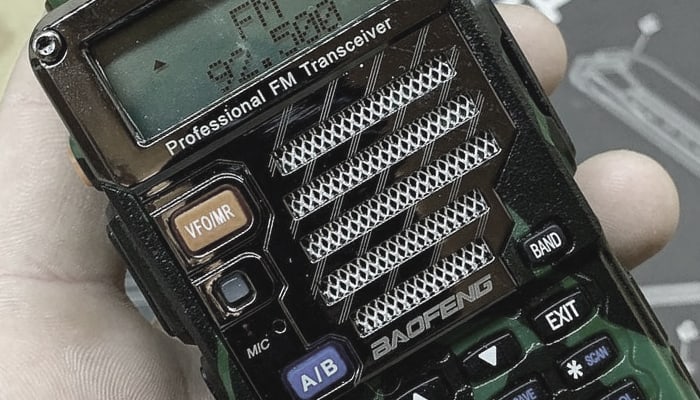
Why Are Ham Radios Illegal?
A lot of preppers don’t welcome the idea of getting a license since they often assume that they wouldn’t really need it if an emergency happens. However, even if it is true, you are still not allowed to have full-blown conversations during emergencies as mentioned above. This is because the lines should remain open for people who really need help and are truly in trouble.
Again, it is important to keep in mind that you can never enjoy the perks of ham radios if you fail the exam for getting a license.
The FCC or Federal Communications Commission regulates ham radio in the United States. The Part 97 rules are the specific part of FCC guidelines responsible for the regulation of ham radio. If you break the Part 97 rules or you transmit on ham radio frequencies with no license, you might get subjected to hefty fines. Some people even ended up paying thousands of dollars for intentional interference.
Several groups online, specifically the prepper groups, usually try arguing against any regulation or licensing of ham radio. According to them, during a real emergency situation, having a license or not doesn’t matter anymore.
But this argument breaks up for several primary reasons. For starters, ham radio must be regulated to ensure that thousands of amateurs can still use it. Without guidelines and rules, amateurs may end up interfering with Wi-Fi networks, cellular networks, military communication networks, and more. The ham radio bands can also easily be rendered useless because of high-powered unregulated transmissions by people with ill intentions, which can end up destroying ham radio.
During life-or-death situations, using a ham radio is also important and the best way to learn it effectively is to get your license and practice. Once cellular networks go out, you cannot expect to watch a video on YouTube to learn how to operate your ham radio, can you?
You have to plan in advance. When studying for the license for your ham radio, you will also learn the different concepts you should know for using ham radios effectively and properly. The moment you get your hands on your license, you can then start to practice transmitting so you can enjoy all the perks of ham radios.
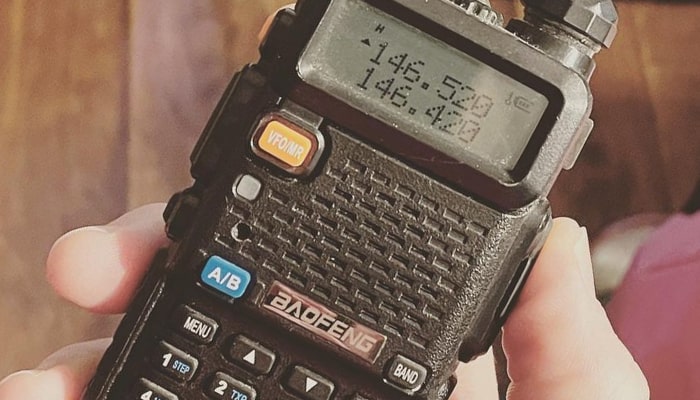
What Happens if You Use a Ham Radio without A License?
The FCC states that anyone found to operate a radio station with no FCC authorization may be subject to various enforcement actions such as fines, seizure of equipment, and other criminal and civil penalties. The government agency also encourages everyone to file complaints against people who are suspected of using ham radios even when they are not licensed.
Will you go to jail if you operate a ham radio without a license? Probably not. However, it is more likely that you will get a cease-and-desist letter that will tell you to stop transmitting on your ham radio until you get your license. Be ready for hefty fines if you still do so even after you receive this letter.
How to Get a Ham Radio License
Are you ready to start using your ham radio? Well, not so fast. Once again, you should get a license first so you can legally operate your ham radio. You will take a test that will cover knowledge of ham radio regulations and rules and electronics theory. You can choose from the three types of licenses available:
Extra License
The Extra license has more than 700 questions and requires some serious studying. Once you pass this test, you will enjoy the privileges of General License and Technician License together with access to the exclusive sub-bands.
General License
A General license unlocks all the privileges of the Technician license in addition to the ability to communicate on the frequencies in the HF or High-Frequency band.
Technician License
A Technician license is ideal for beginners in using ham radios. The technician test has 35 questions and covers basic electronics theory, basic ham radio safety, and regulations. Upon completion, you will get your license for communicating in the microwave frequency, VHF, and UHF bands.


